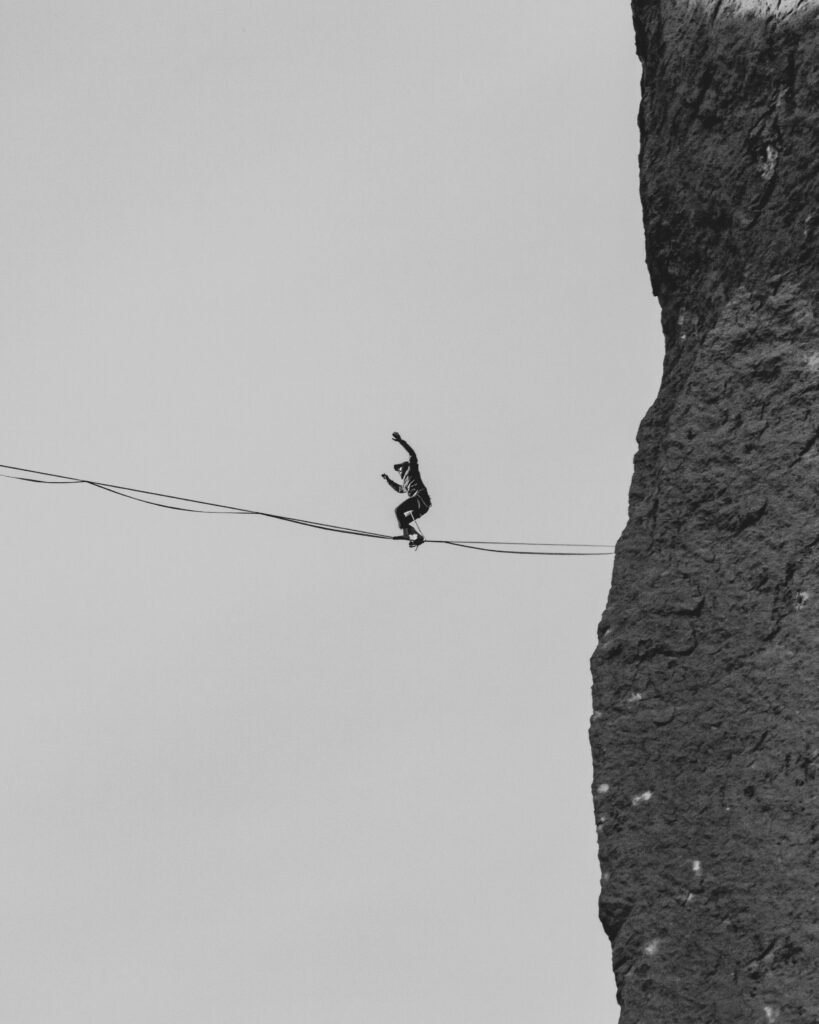The writing process 1

The writing process (Photo by Sean Benesh on Unsplash)
It’s never too late to learn, especially when it comes to the writing process. From my start-out days, I’ve had a copy of E M Forster’s Aspects of the Novel, which every novelist should read, at my elbow. More lately, I’ve been reading books on the writing process by contemporary authors.
These books are hugely instructive – I rewrote the beginning of my current novel (The Rabbit Hole) based on David Morrell’s advice in The Successful Novelist – and they are highly entertaining.
The books I’ve really enjoyed – because they’re part writer’s memoir, part what the novelists have learnt along the way – were Stephen King’s wonderful On Writing, Elizabeth George’s thoughtful Write Away, and Morrell’s plain talking The Successful Novelist. Actually, they’re all plain talkers and that’s what you need.
Real value
Then a few weeks ago I was given a copy of John McPhee’s Draft No. 4. McPhee writes mostly for The New Yorker – my favourite magazine – and teaches non-fiction narrative at Princeton University. I devoured that book in a weekend. If you’re setting out to write non-fiction you need to read this book. If you already write non-fiction you need to read this book.
The thing about McPhee’s observations is that they work for writers of fiction as well as they do for writers of non-fiction.
As I’ve got a fiction course starting on 15 March, I thought it would be an idea to give a few of McPhee’s general insights into the writing process. There’s a lot here that resonates with my notes that come with the modules on the Writing Fiction course.
Writing is selection
“Writing is selection. Just to start a piece of writing you have to chose one word and only one from more than a million in the language. Now keep going. What is your next word? Your next sentence, paragraph, section, chapter? […] You select what goes in and you decide what stays out. At base you have only one criterion: if something interests you, it goes in – if not, it stays out. That’s a crude way to assess things, but it’s all you’ve got. Forget market research. Never market-research your writing.”
Confidence
“If you lack confidence in setting one word after another and sense that you are stuck in a place from which you will never be set free, if you feel sure that you will never make it and were not cut out to do this, if your prose seems stillborn and you completely lack confidence, you must be a writer. If you say you see things differently and describe your efforts positively, if you tell people that you ‘just love to write’, you may be delusional. How could anyone ever know that something is good before it exists? And unless you can identify what is not succeeding – unless you can see those dark clunky spots that are giving you such a low opinion of your prose as it develops – how are you going to be able to tone it up and make it work?”
Drafts
“The way to do a piece of writing is three or four times over, never once. For me, the hardest part comes first, getting something – anything – out in front of me. Sometimes in a nervous frenzy I just fling words as if I were flinging mud at a wall. Blurt out, heave out, babble out something – anything – as a first draft. With that you have achieved a sort of nucleus. Then, as you work it over and alter it, you begin to shape sentences that score higher with the ear and eye.”
After the first draft
“You finish that first awful blurting, and then you put the thing aside. […] Your mind is still knitting at the words. You think of a better way to say something, a good phrase to correct a certain problem. Without the drafted version – if it did not exist – you obviously would not be thinking of things that would improve it. In short, you may be actually writing only two or three hours a day, but your mind, in one way or another, is working on it twenty-four hours a day – yes, while you sleep – but only if some sort of draft or earlier version already exists. Until it exists, writing has not really begun.”
Revision
“The essence of the [writing] process is revision. The adulating portrait of the perfect writer who never blots a line comes Express Mail from fairyland.”
My takeaway
One of the things I’ve come to realise is that once the process of writing a book has begun – and it begins long before the writing begins – the story never leaves you. So I value that comment that although you might only write for a few hours a day, your mind is on it 24/7.
If you’re thinking about writing a novel, or if you’ve started work on a novel, and you’re suddenly beginning to doubt your writing process, then join my Writing Fiction course. It’s a toolbox of all the practical literary devices and techniques you’ll need to write your book.
Get more out of your writing.
Click here for a short course on Writing Fiction. The next course starts on 15 March 2021. Click here for a short course on writing a memoir, Writing Reality. The next course starts on 29 March 2021.